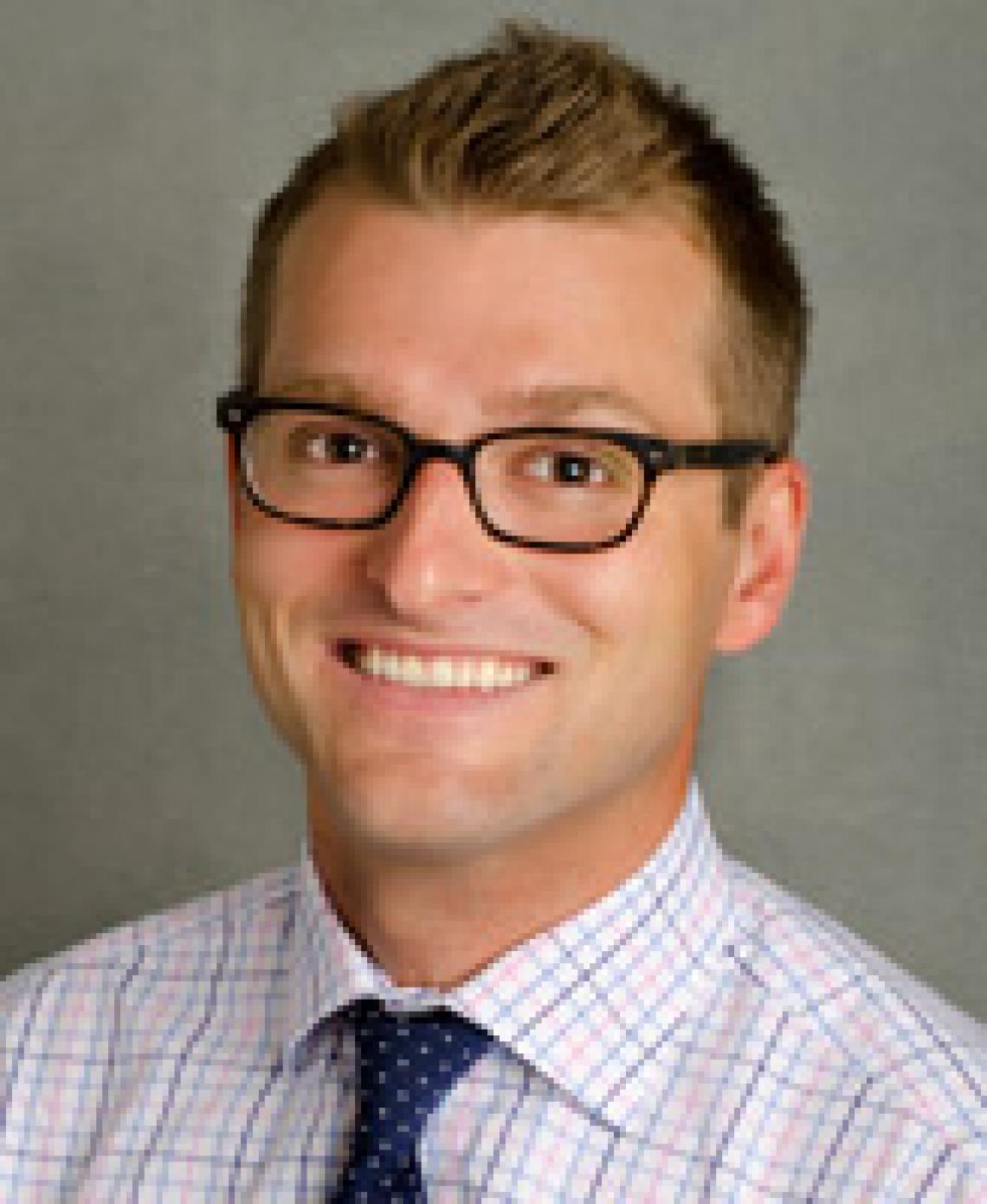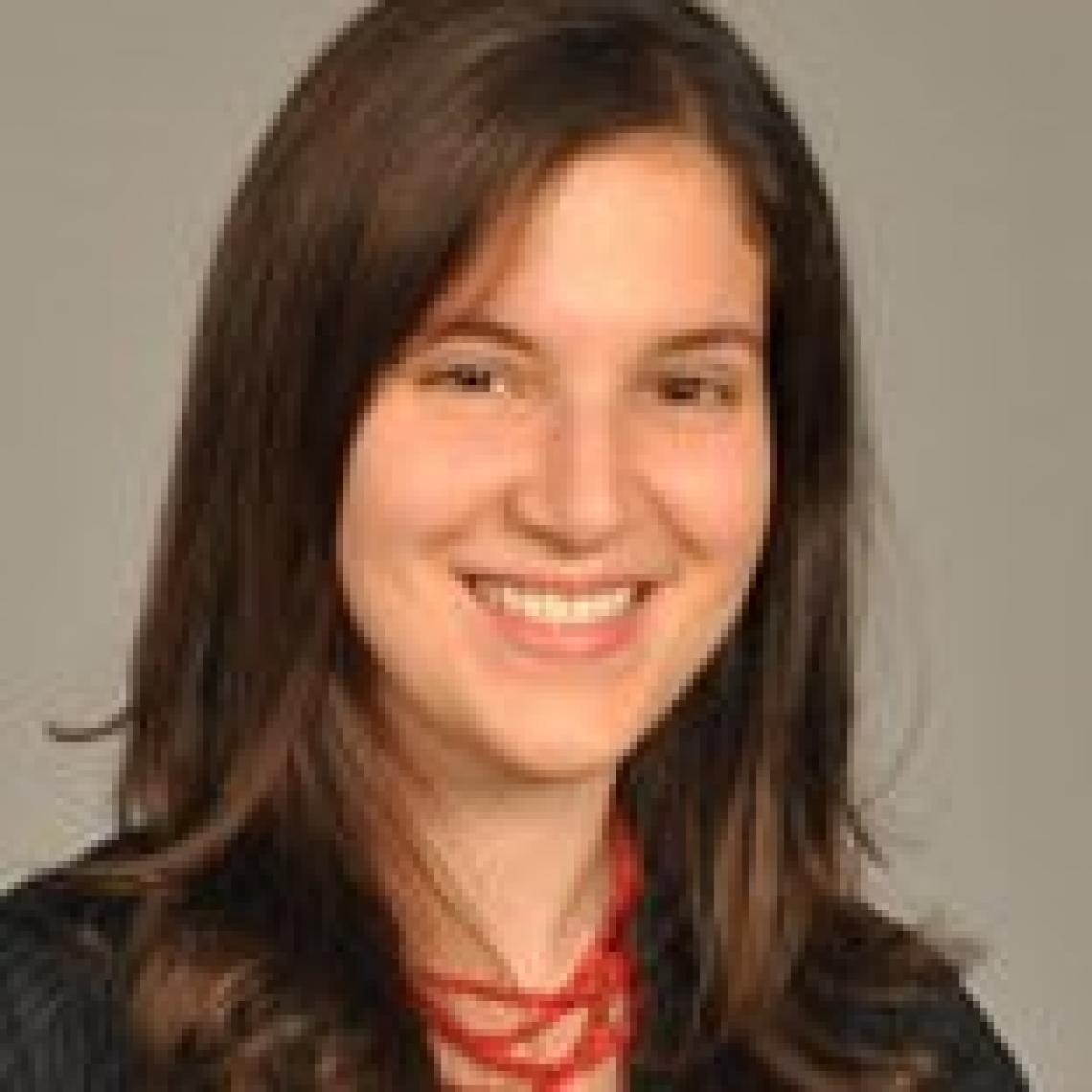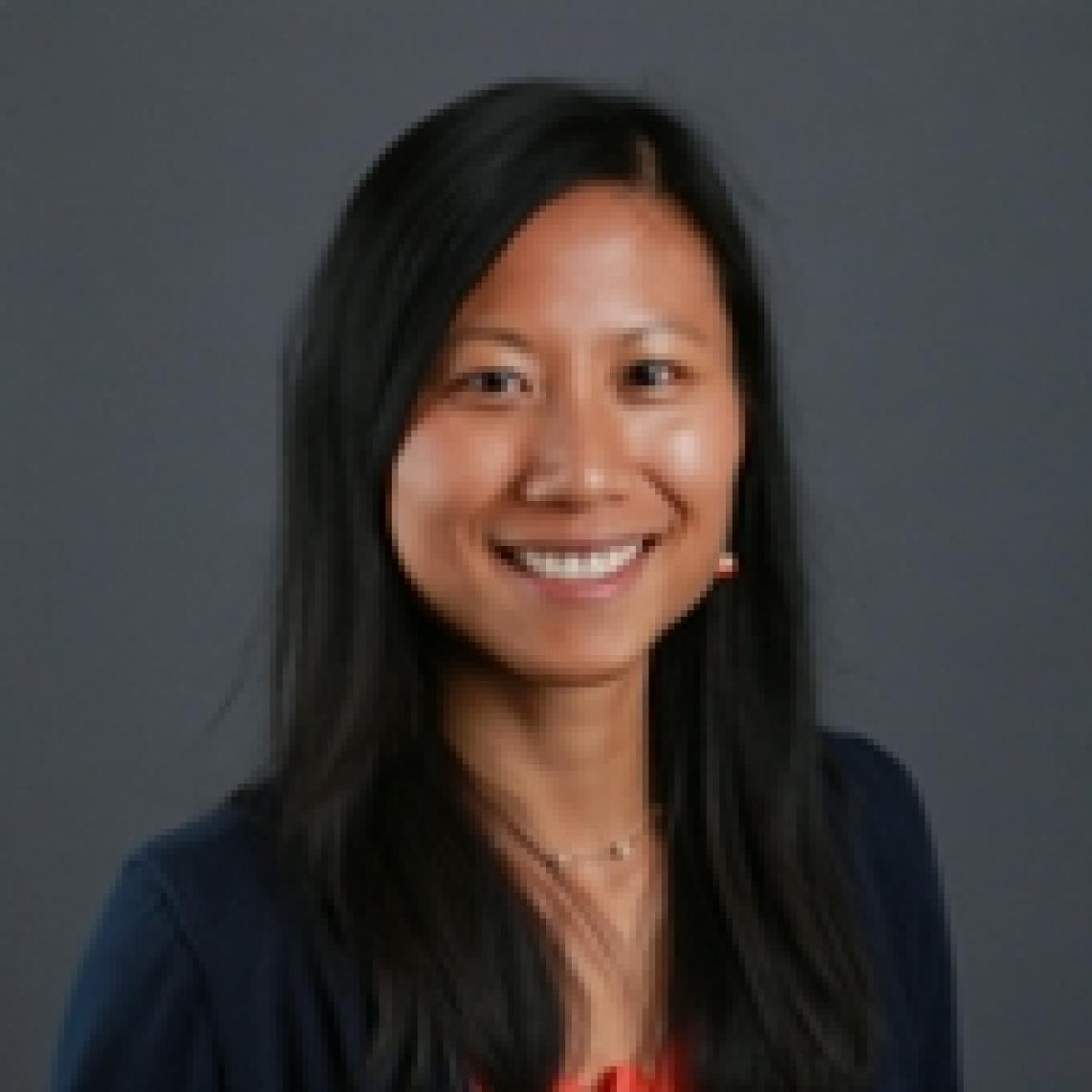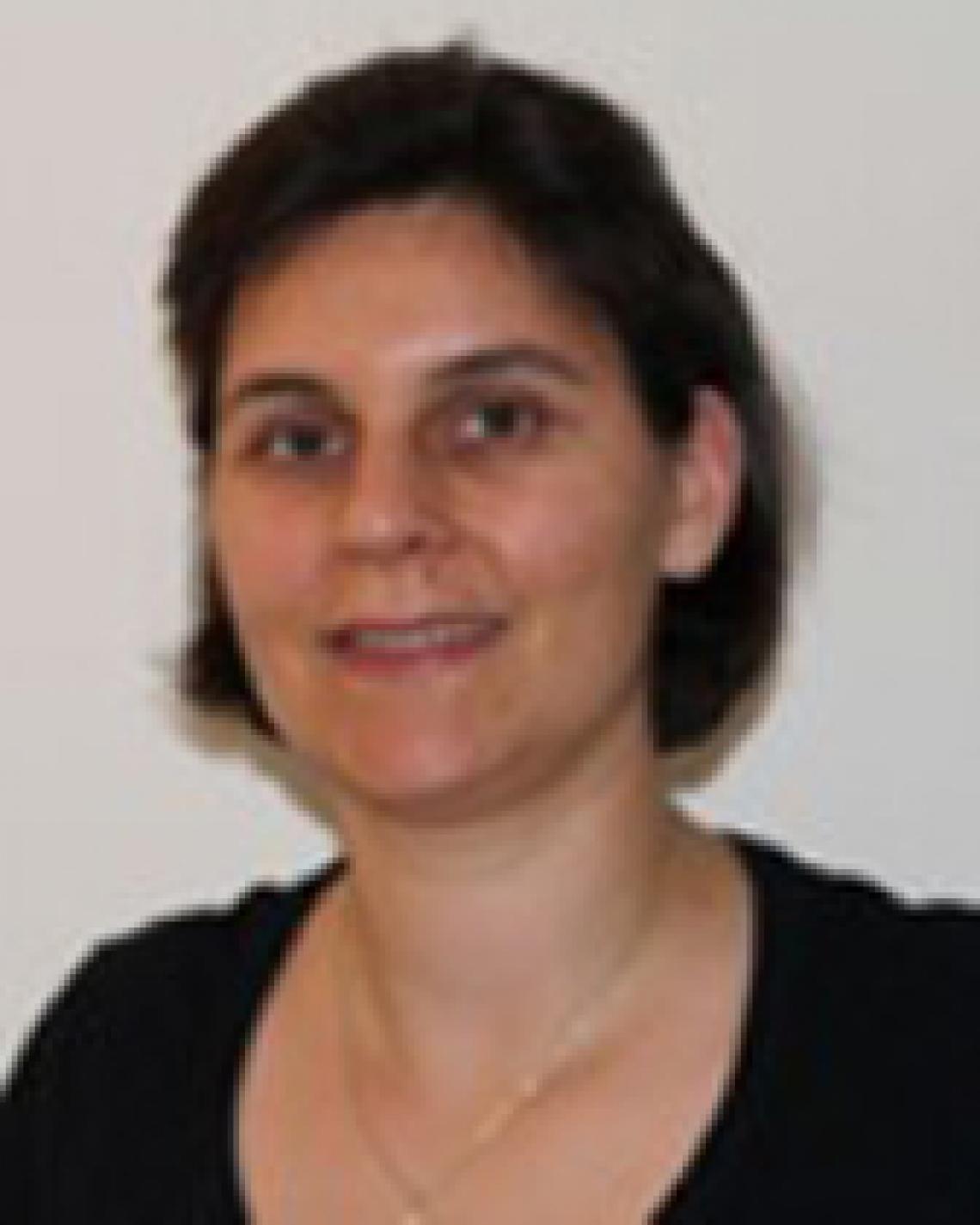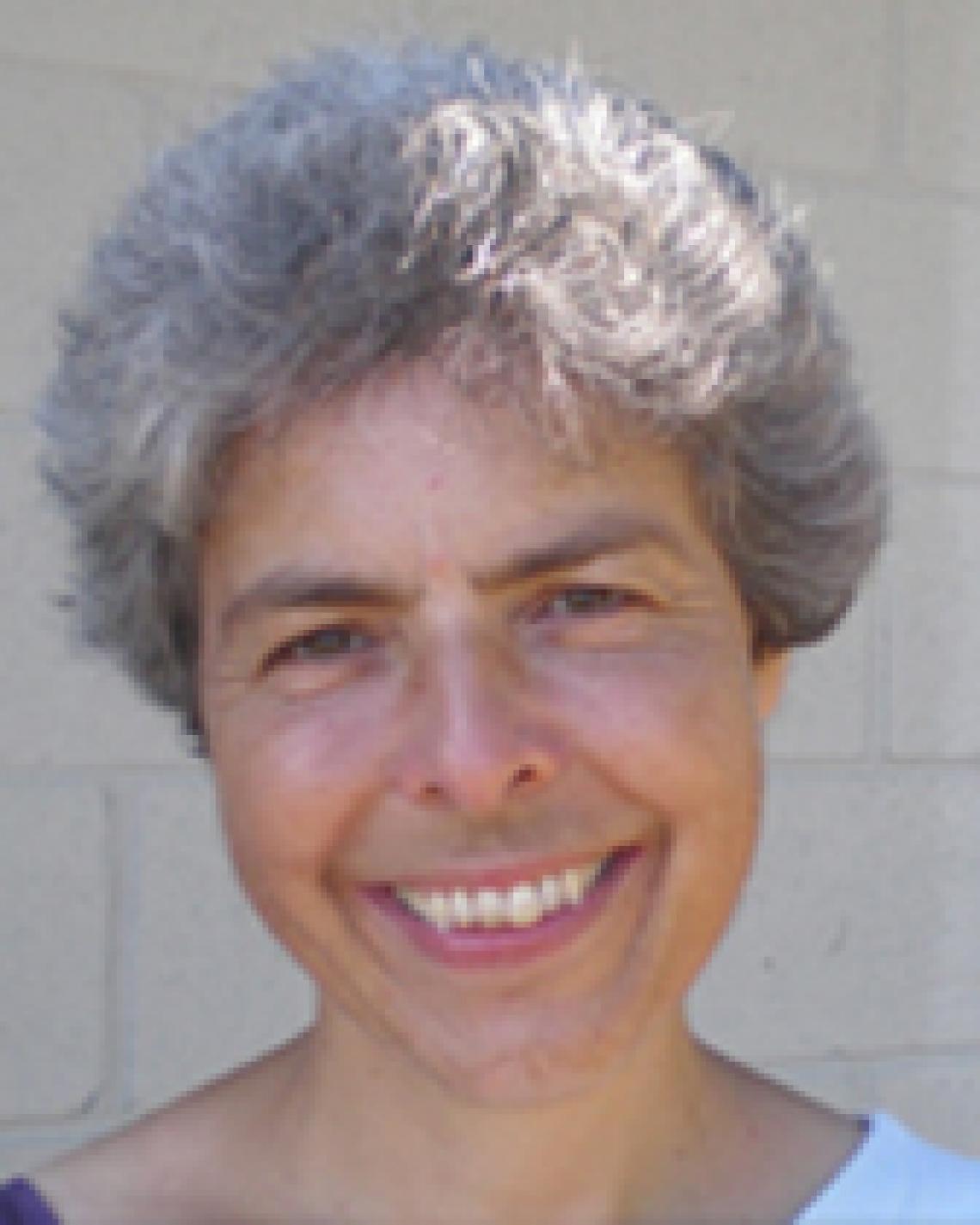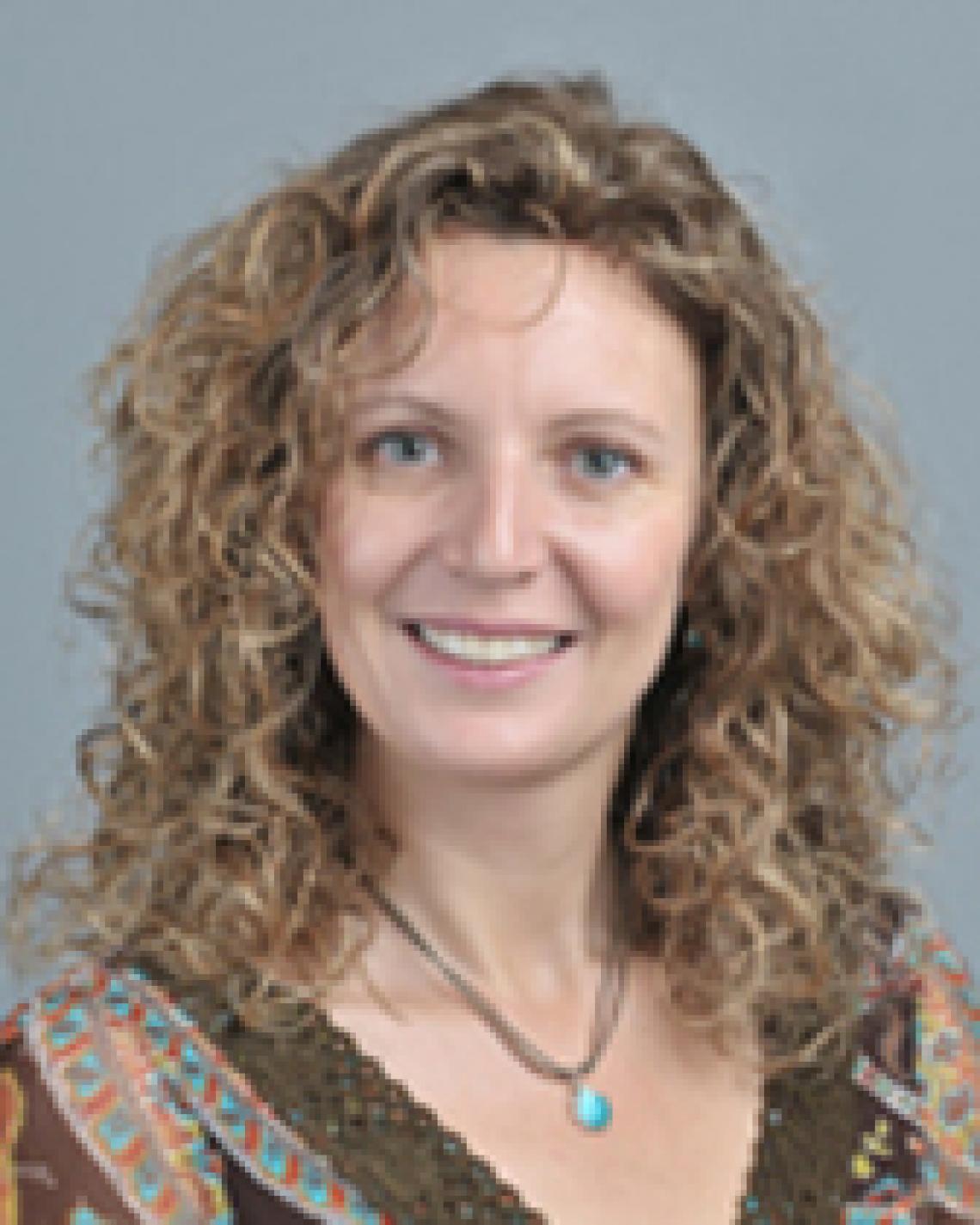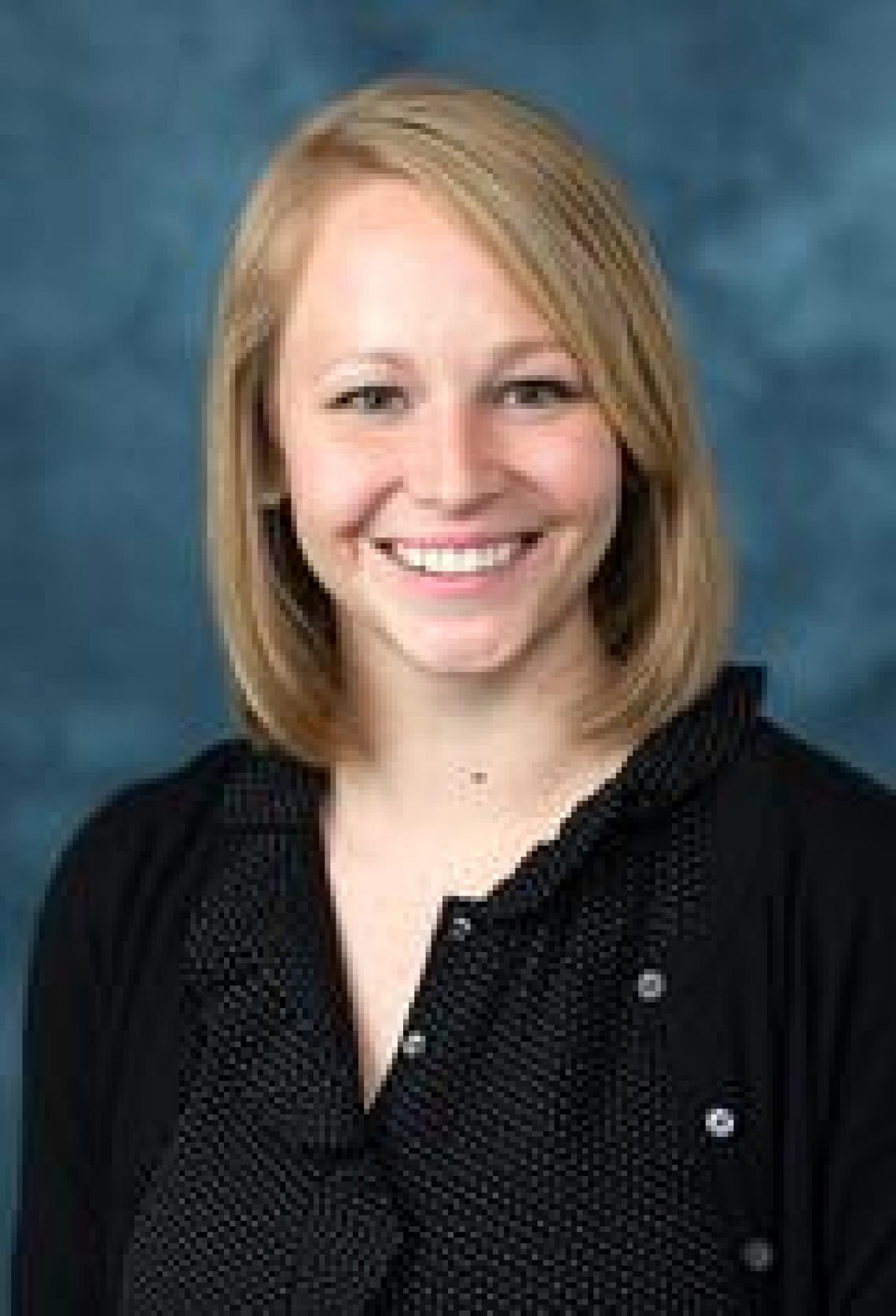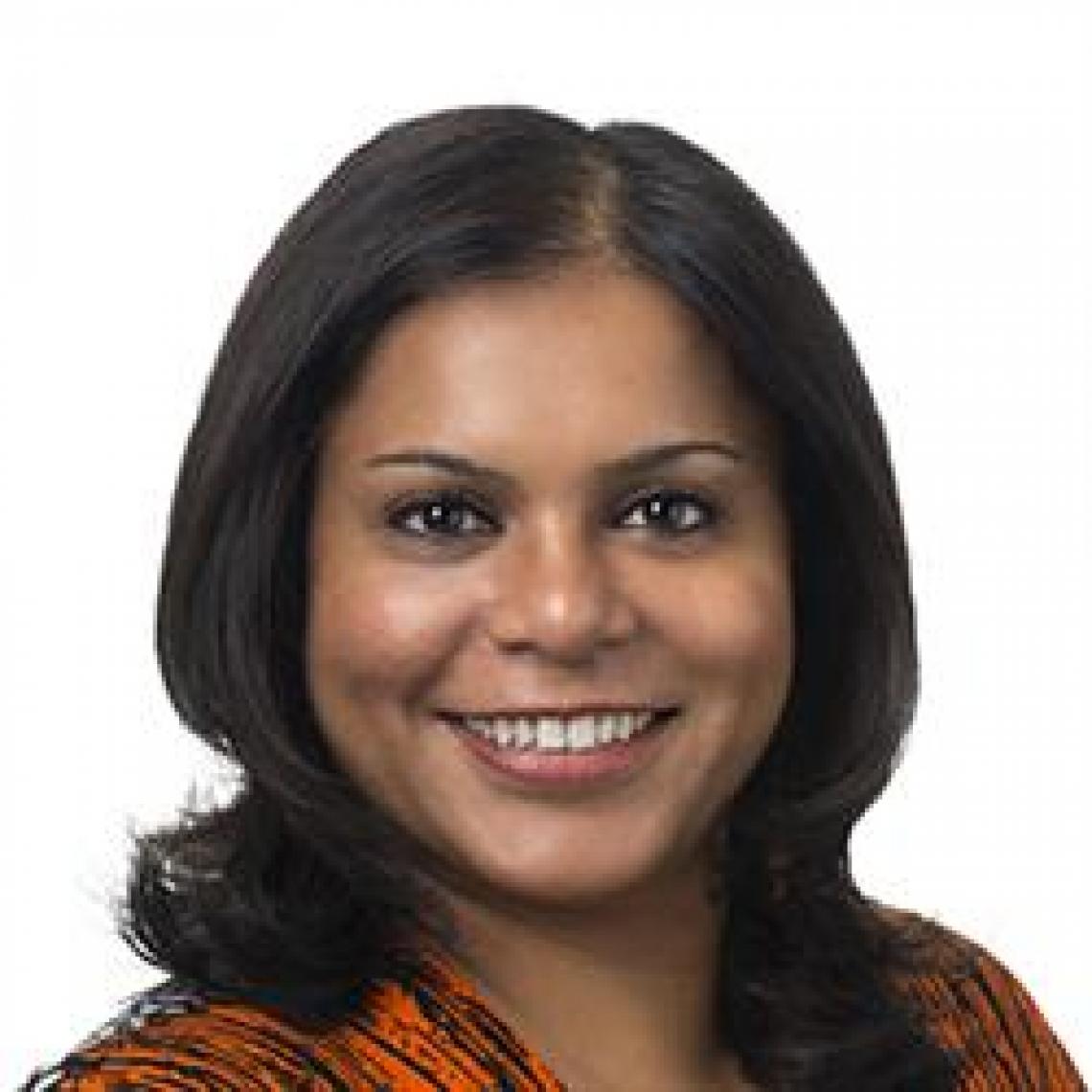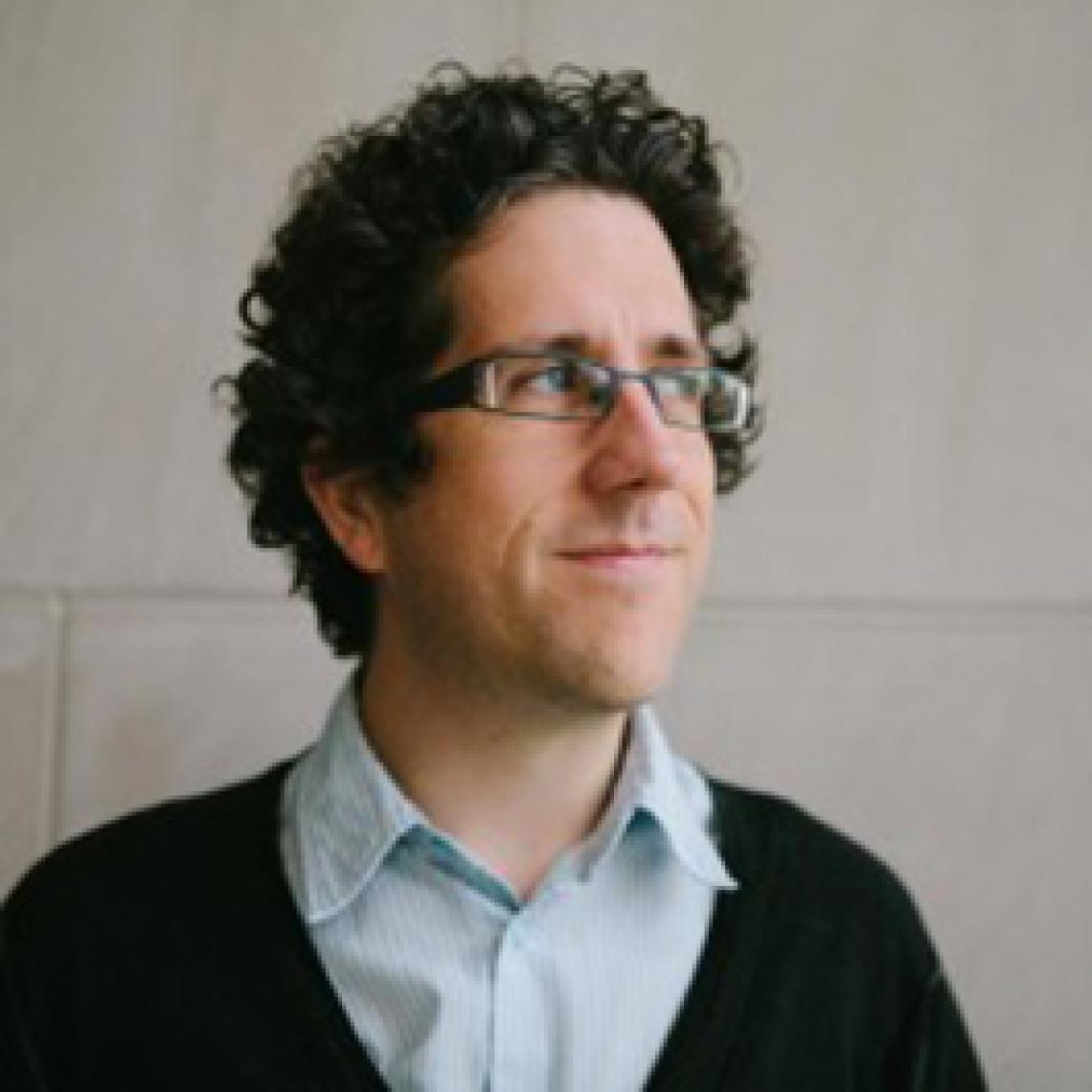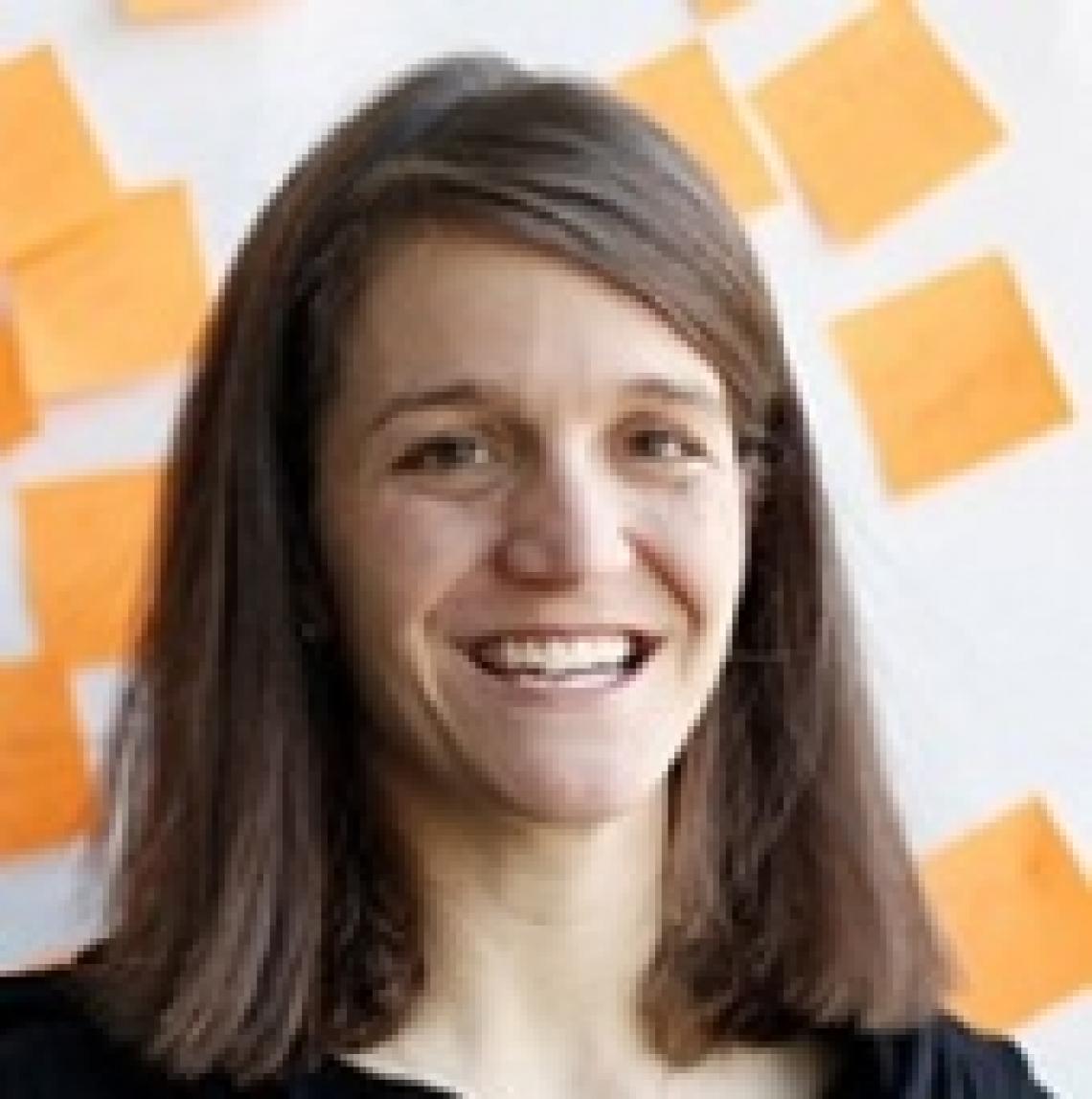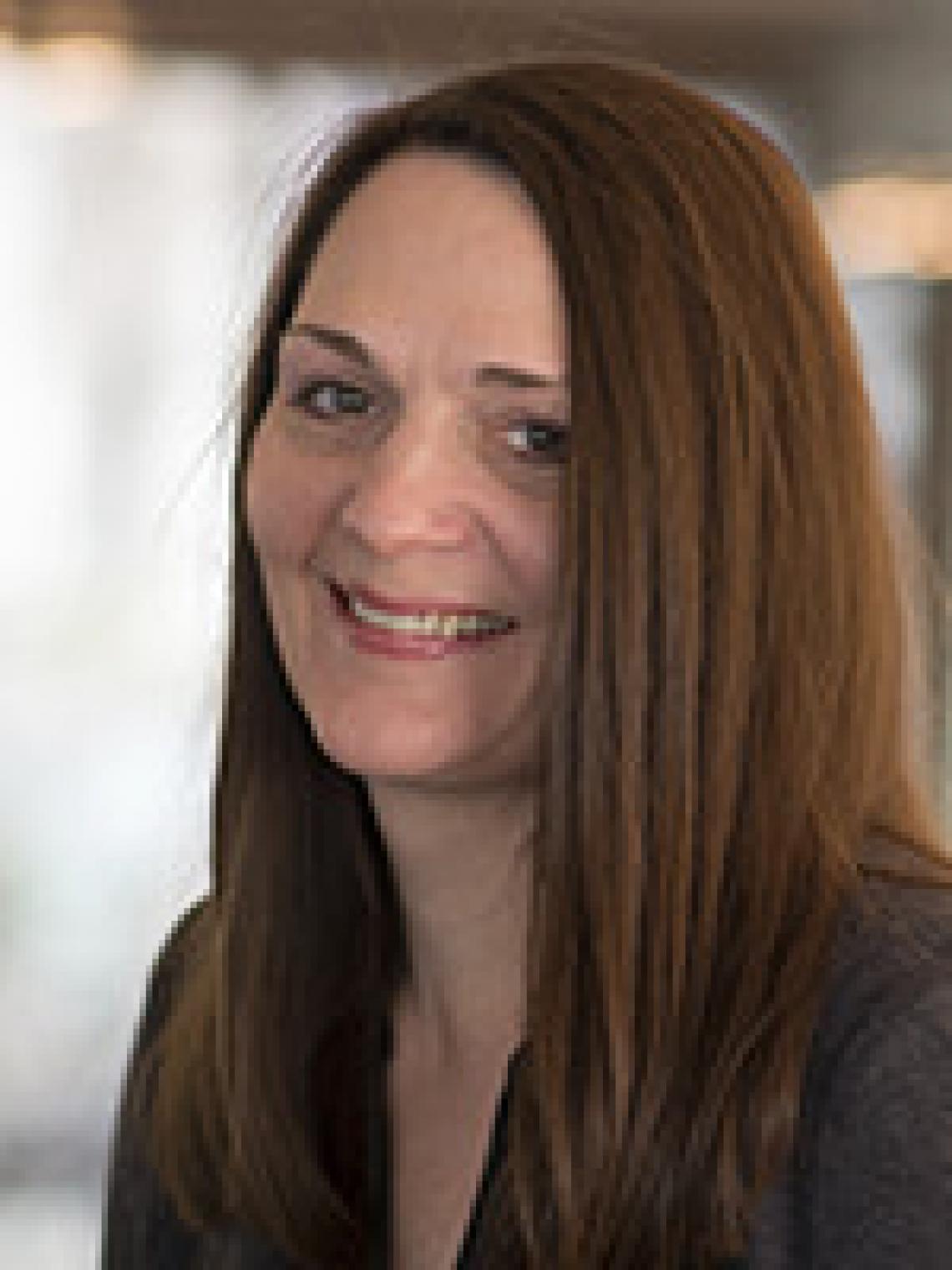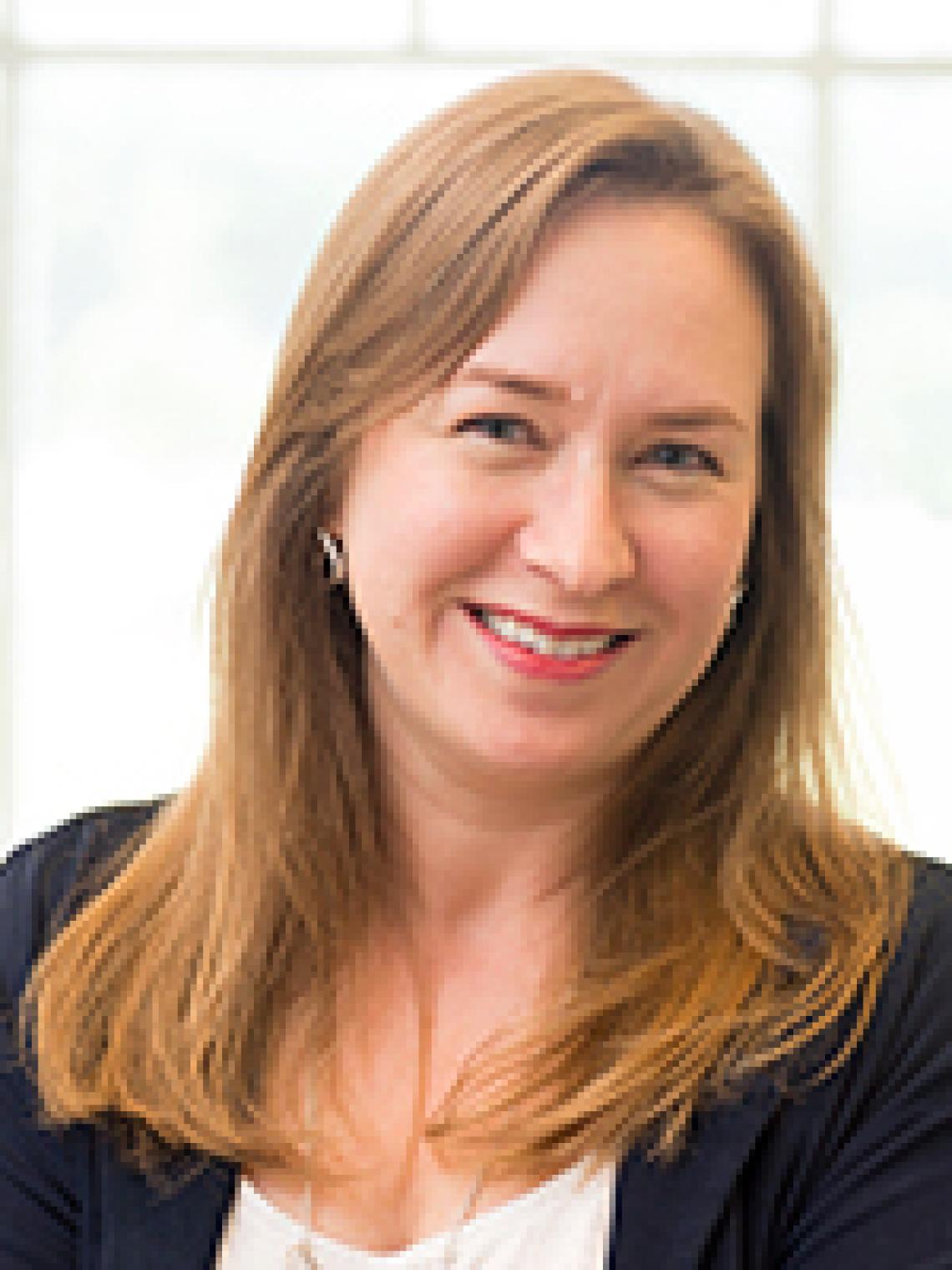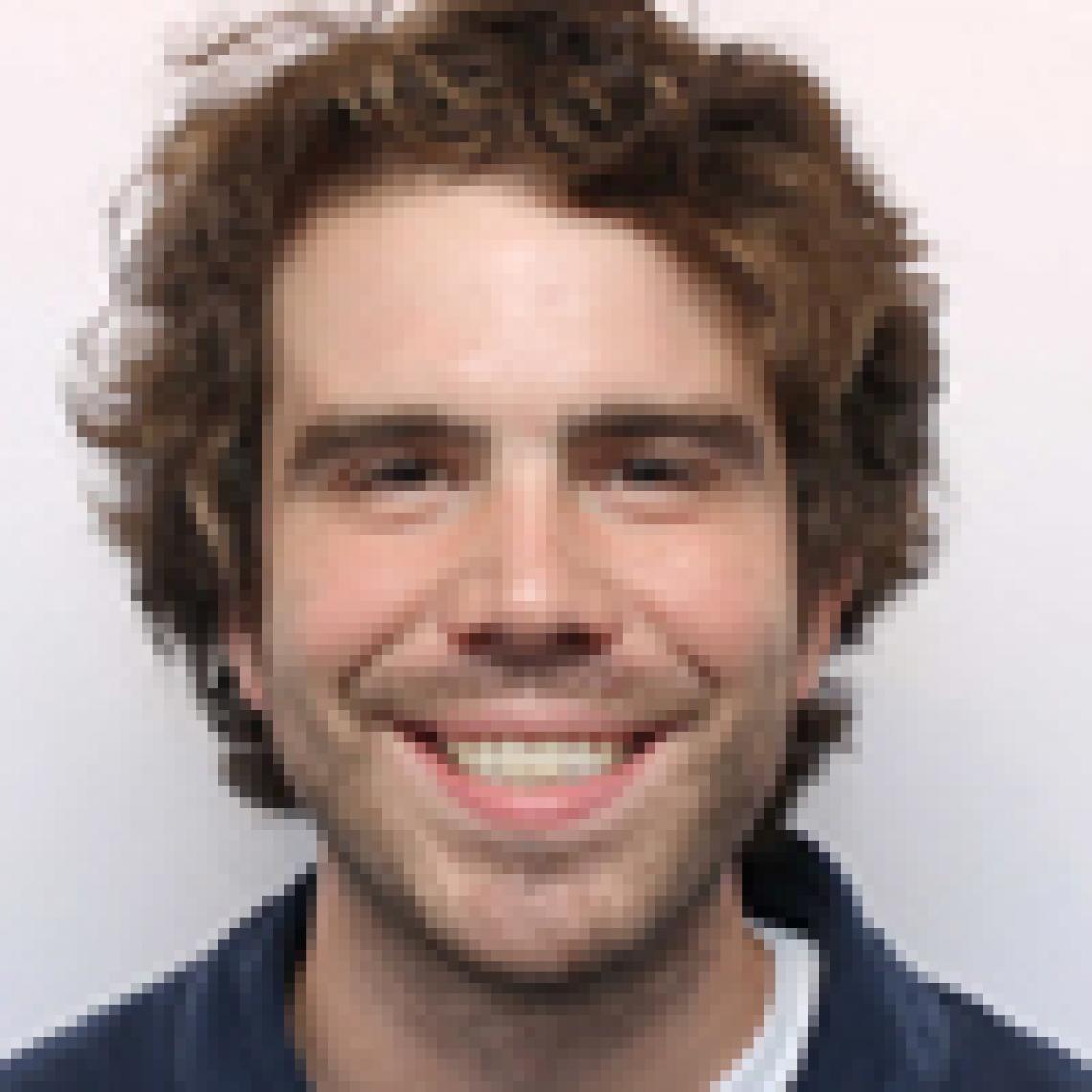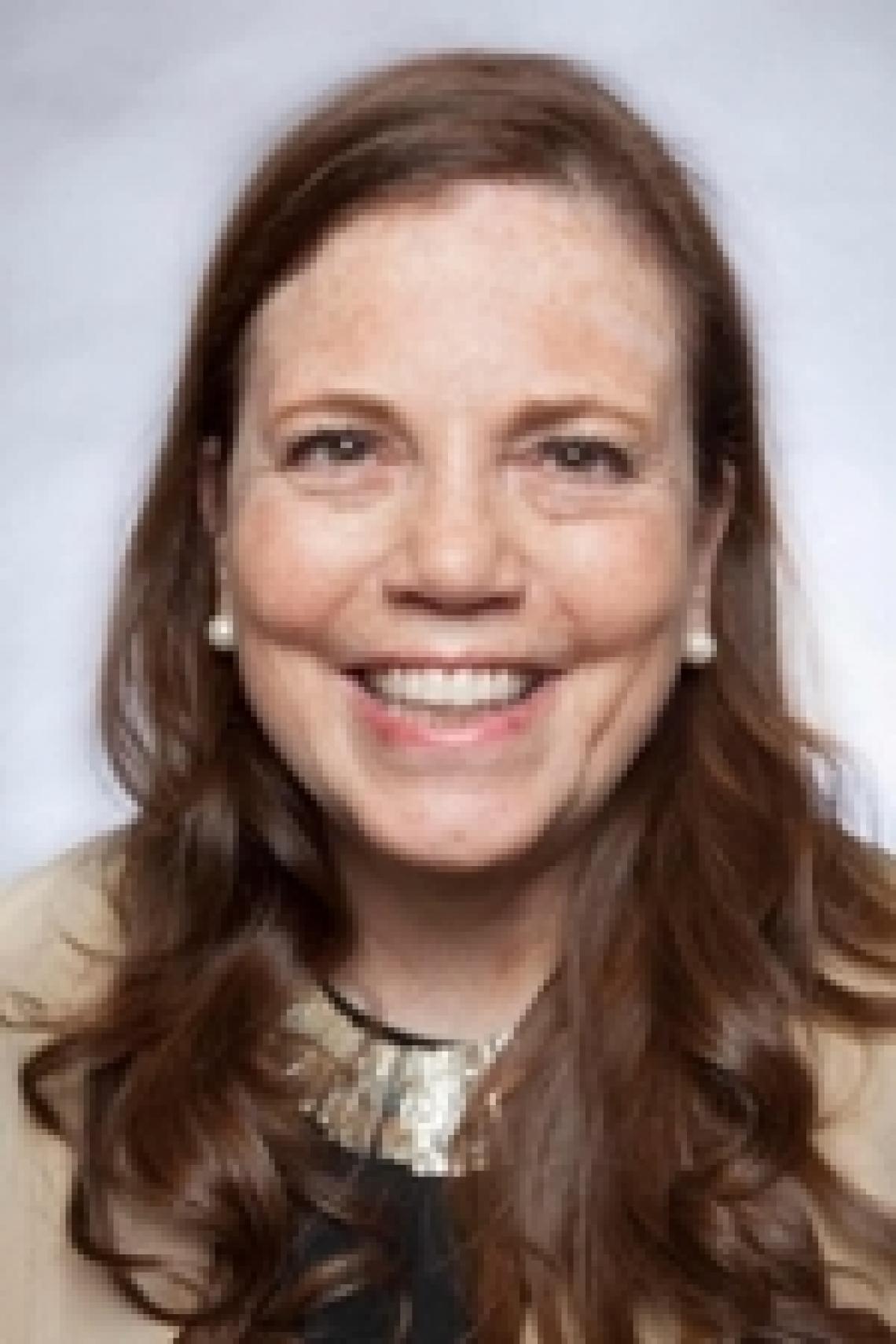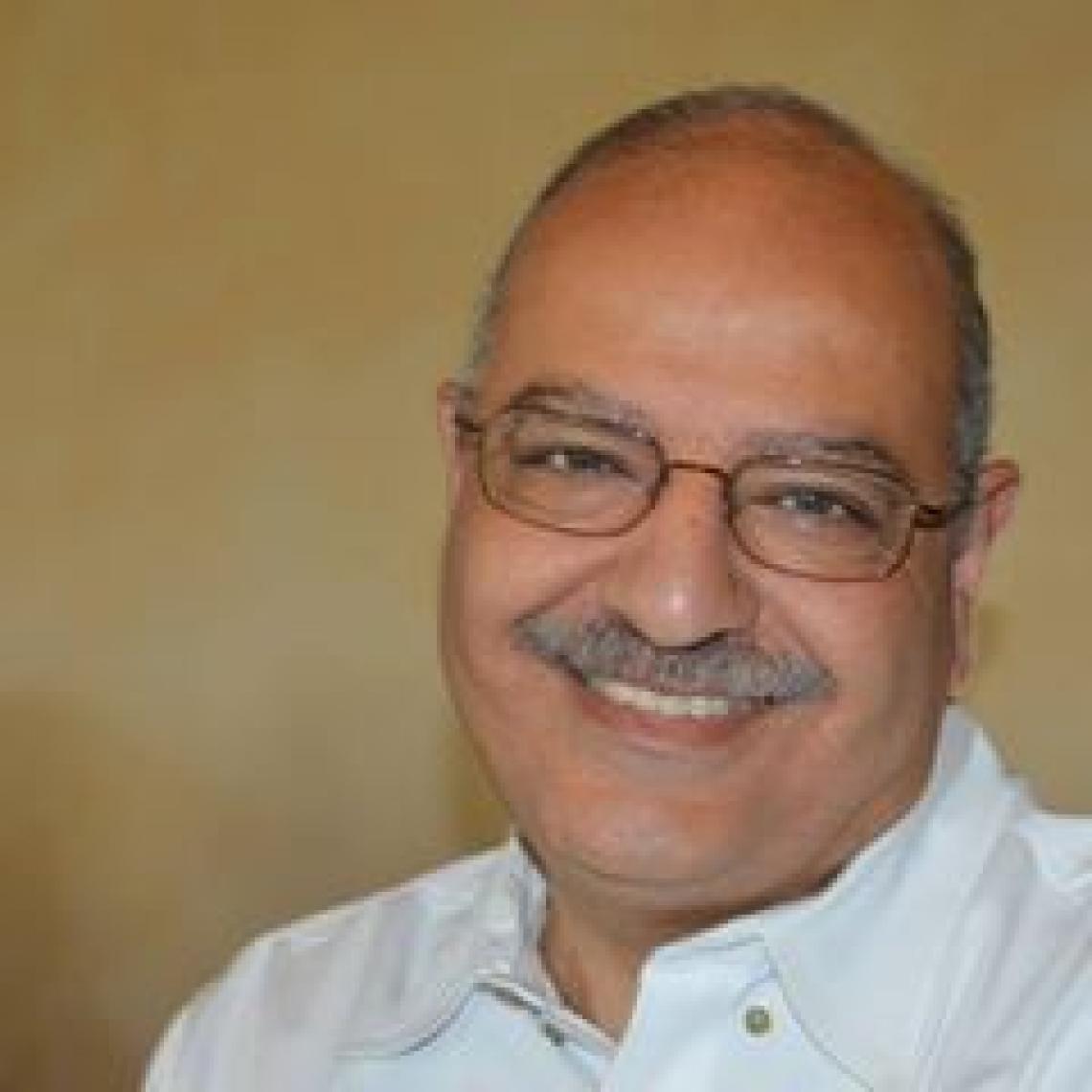Ten innovative faculty projects have been selected for funding for the next year as part of the Provost’s Digital Learning Fellowship at Northwestern University. The award, sponsored by the Office of the Provost and the Faculty Distance Learning Workgroup, promotes innovation in learning and teaching through the use of educational technology.
These digital and online projects enable faculty to experiment with modern learning technologies while showcasing Northwestern’s excellence in teaching.
Project descriptions follow:
Using Social Network Visualizations to Unlock Team Potential
Ned Smith
Associate Professor of Management & Organizations, Kellogg School of Management
Esther Sackett
DRRC Postdoctoral Fellow, Kellogg School of Management
Jacqueline Ng
PhD Candidate, Industrial Engineering and Management Sciences, McCormick School of Engineering and Applied Science
Research on the benefits of team-based learning has led to an increased prevalence of group projects in classrooms across Northwestern. In the name of fairness, convenience, and diversity, student teams typically are formed via random assignment. But random assignment can also undermine a sense of cohesion and interpersonal trust among team members. To address this “group paradox,” Ned Smith, Esther Sackett, and Jacqueline Ng will develop a scalable network visualization tool to be used by faculty across the University—even those with no formal training in social network analysis and data manipulation. The team seeks to understand how visualizing overlaps (as well as uniqueness) in students’ social networks can impact the ways student teams collaborate, experience group work, and integrate knowledge to achieve their collective potential.
Discussion Hero: An Interactive Discussion Board that Encourages and Rewards Rich (High Quality) Dialogue
David Noffs
Adjunct Lecturer; Learning Designer, School of Professional Studies
While there have been many innovations in the area of online teaching, many instructors still struggle finding ways to get their students excited about participating in discussion boards. David Noffs plans to address this challenge by “gamifying” the Learning Environment Design course he teaches for the Information Design and Strategy program at School of Professional Studies. Drawing upon research he conducted as part of Northwestern’s Educational technology Teaching Fellows (ETTF) program, Noffs will pilot the Discussion Hero gamified discussion rubric, providing a clear way for the instructor and student to dynamically assess both learning and engagement. By allowing students to monitor their own participation through the use of game elements, Noffs hopes that students will simultaneously examine and reflect on the application of game design to learning environments while improving their quality of group discussions.
Flipped French
Aude Raymond
Associate Professor of Instruction, Weinberg College of Arts and Sciences
Christiane Rey
Associate Professor of Instruction, Weinberg College of Arts and Sciences
Patricia Scarampi
Assistant Professor of Instruction, Weinberg College of Arts and Sciences
Professors Aude Raymond, Christiane Rey, and Patricia Scarampi will be continuing to develop digital tools for a second-year Flipped French course. The goal of the flipped classroom format is to present students with the instructional material outside of the classroom to free up class time for meaningful communicative activities where the material studied is put into practice. With this grant, the team will focus on complementing their adaptive grammar and exercises platform with pronunciation and vocabulary tools, video content, reading comprehension exercises, and rich digital images.
Using Digital Concept Mapping to Evaluate Learning in Undergraduate Medical Education Problem Based Learning
Robyn Bockrath
Co-Director of Problem Based Learning; Associate Pediatric Clerkship Director, Feinberg School of Medicine
Aneesha Shetty
Co-Director of Problem Based Learning, Feinberg School of Medicine
Robyn Bockrath and Aneesha Shetty, Co-Directors of Feinberg’s Problem Based Learning (PBL) program, are dedicated to helping medical students learn from complex clinical scenarios to progressively gain responsibility and confidence in their practice. With this fellowship, they plan to study the impact of a digital tool on the quality of concept mapping, and the use of concept mapping to evaluate learning in PBL. Building on a pilot concept mapping curriculum introduced to M1 students, Bockrath and Shetty will expand digital concept mapping to M2 student and all PBL tutors. The goal is to promote meaningful learning in medical students through reinforcement of basic science knowledge and integration of recalled and gained knowledge in a clinical context. The tool will help identify knowledge gaps which can be rectified through instructor feedback or curricular modifications.
Voice Tracker Smartphone App
Theresa Brancaccio
Lecturer, Voice & Opera, Bienen School of Music
Eight years ago, Theresa Brancaccio sought to address the problem of busy voice students pushing the physical limits of their voices. Inspired by nutrition-tracking methods, she developed a system for students to self-monitor their vocal function and fatigue, and adjust their behaviors to prevent injury. Now Brancaccio is bringing this system into the 21st Century with development of the Voice Tracker smartphone app. Although there are many apps to help users monitor and change habits to be more productive, mindful, healthy, or active, there are no trackers on the market specifically for vocal usage and care. In addition to the direct benefit of reaching a wider audience of voice students and other occupational voice users, the app will allow Brancaccio to analyze data from a large base of app users to note trends in vocal workloads and how the use of the Voice Tracker impacts vocal health over long periods of time.
CRIT: Computer-Supported Large Group Feedback
Matthew Easterday
Assistant Professor, School of Education and Social Policy
Elizabeth Gerber
Associate Professor, Mechanical Engineering, McCormick School of Engineering and Applied Science and Communication Studies, School of Communication
Northwestern faculty are increasingly using project-based learning courses to prepare students to solve complex real-world challenges. However, this places far greater demands on faculty to provide the one-on-one feedback necessary for student learning. Many faculty are turning to peer feedback, but even this requires scarce faculty time for training novice critiquers to increase feedback quality. To address this concern, Matthew Easterday and Elizabeth Gerber are implementing CRIT—a computer-supported large group feedback tool that blends the advantages of face-to-face and computer-mediated communication. Building on recent research in learning science and computer science, the digital tool will scaffold multiple peer critiques synchronously and asynchronously to produce superior feedback, resulting in increased quantity and quality of feedback compared to face-to-face discussion. Building on pilot work in Easterday’s and Gerber’s classes, CRIT will be deployed in 10 project-based courses in McCormick, SESP, SoC, Feinberg, and Weinberg in Spring 2018.
Authoring Your Professional Self: An ePortfolio Design Course
Jeff Merrell
Associate Director, Master’s in Learning and Organization Change (MSLOC), School of Education and Social Policy
Melinda Turnley
Assistant Director, MSLOC, School of Education and Social Policy
Kimberly Scott
Director; Assistant Professor, MSLOC, School of Education and Social Policy
Expanding on last year’s Digital Portfolio Ecosystem project, this online, non-credit course will support all graduate students in the Master of Science in Learning and Organizational Change (MSLOC). In addition to providing self-paced instruction for mastery of ePortfolio basics this course will also address advanced skills highlighting the potential for ePortfolios to change one’s professional identity through public reflection and showcasing their emerging expertise and credibility as a practitioner.
Extending Learning Documents to Three Dimensions: Embedded Interactive Graphics for 3D Visualization
Jonathan Emery
Lecturer, McCormick School of Engineering and Applied Science
Students across Northwestern—from scientists to engineers to artists—are encountering complex, multi-dimensional data with greater frequency. Accordingly, mentally converting the static 2D images often seen in textbooks to 3D is an increasingly important skill in the classroom and workplace. The Materials Science and Engineering (MSE) Department already uses a various modalities to visualize the structure of materials, but students are required to constantly learn new software, which shifts the learning focus from course content to software training. Emery hopes to reduce this barrier to learning by directly implementing dynamic, interactive 3D models directly into course lectures, notes, and assignments. The project will first focus on the construction of interactive and embeddable 3D models for use in introductory and core MSE courses requiring significant visualization skills. Later, Emery plans to collaborate with faculty in other departments and schools to create 3D content for use in situations that require clear digital communication of complex concepts in multiple dimensions.
Sports Marketing MOOC
Candy Lee
Professor, Journalism and Integrated Marketing Communications, Medill School of Journalism, Media, Integrated Marketing Communications
The Medill School has become a leader in the field of sports journalism and is already a leader in integrated marketing communications. Sports marketing is an opportunity to use sports—and entertainment in general—to explore important marketing concepts that are applicable to a variety of fields. From celebrity management to event execution, crisis interventions, sponsorships, digital innovation, and more, this growing field is attractive to students who are keen on sports and have diverse marketing interests. Candy Lee is rolling out a Sports Marketing Massive Open Online Course (MOOC)—one of the first of its kind—to engage a global audience and capitalize on Medill and Northwestern’s growing reputation in sports-oriented media. Drawing upon a wealth of video content developed as part of last year’s Digital Learning Fellowship, Lee will create assets that will both introduce this exciting field to students with no prior exposure to sports or marketing, and also enrich the on-campus experience for students at Medill.
A Pedagogical Tool for the Teaching of Advanced Arabic
Ragy Ibrahim Mikhaeel
Assistant Professor of Instruction in Arabic, Weinberg College of Arts and Sciences
A longstanding challenge of language instruction is introducing non-native and heritage speakers to ways of writing they have never seen and developing their skills and confidence to get into challenging areas of research typically dominated by native speakers. Ragy Ibrahim Mikhaeel is developing an online tool for his Arabic language students to interact with audio and video explanations while analyzing annotated texts from the Arabic Manuscripts from West Africa collection in Northwestern’s Herskovits Library of African Studies. Reading a manuscript has an artistic aspect, but students rarely get a pragmatic, hands-on approach with manuscripts in Arabic classrooms. Beyond the pedagogical benefits of exposing students to an aspect of humanities research that many will be experiencing for the first time, Professor Mikhaeel will use this project as a stepping stone to future innovations, including development of both a traditional campus-based and a hybrid/digital in-person course, as well as textbooks designed to support students and researchers.

